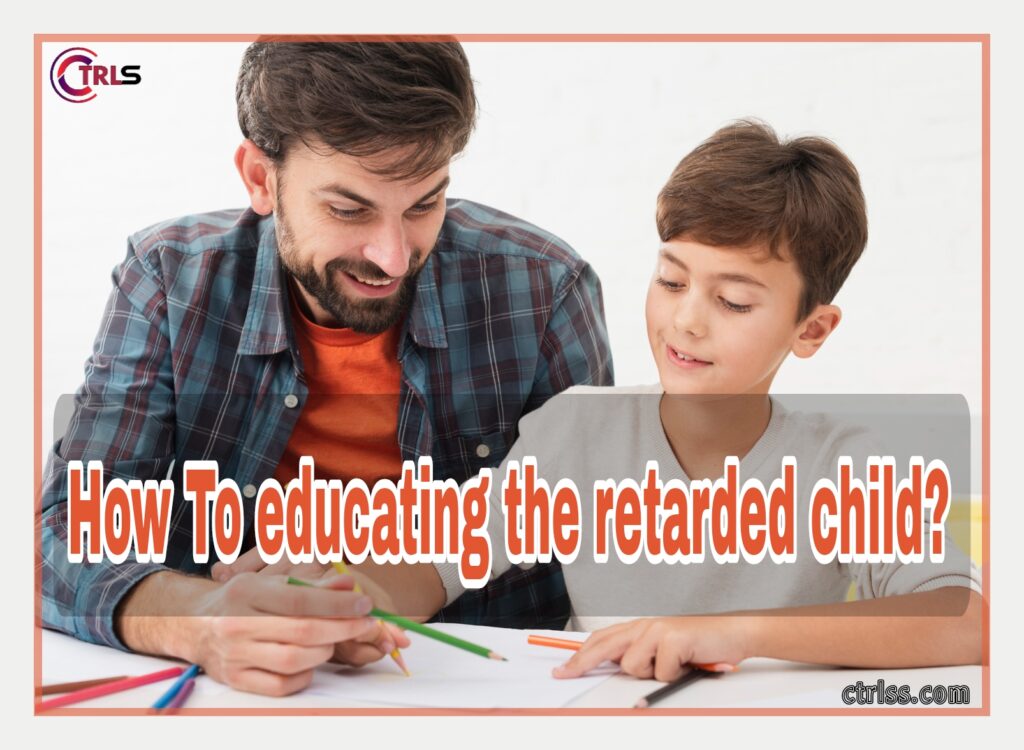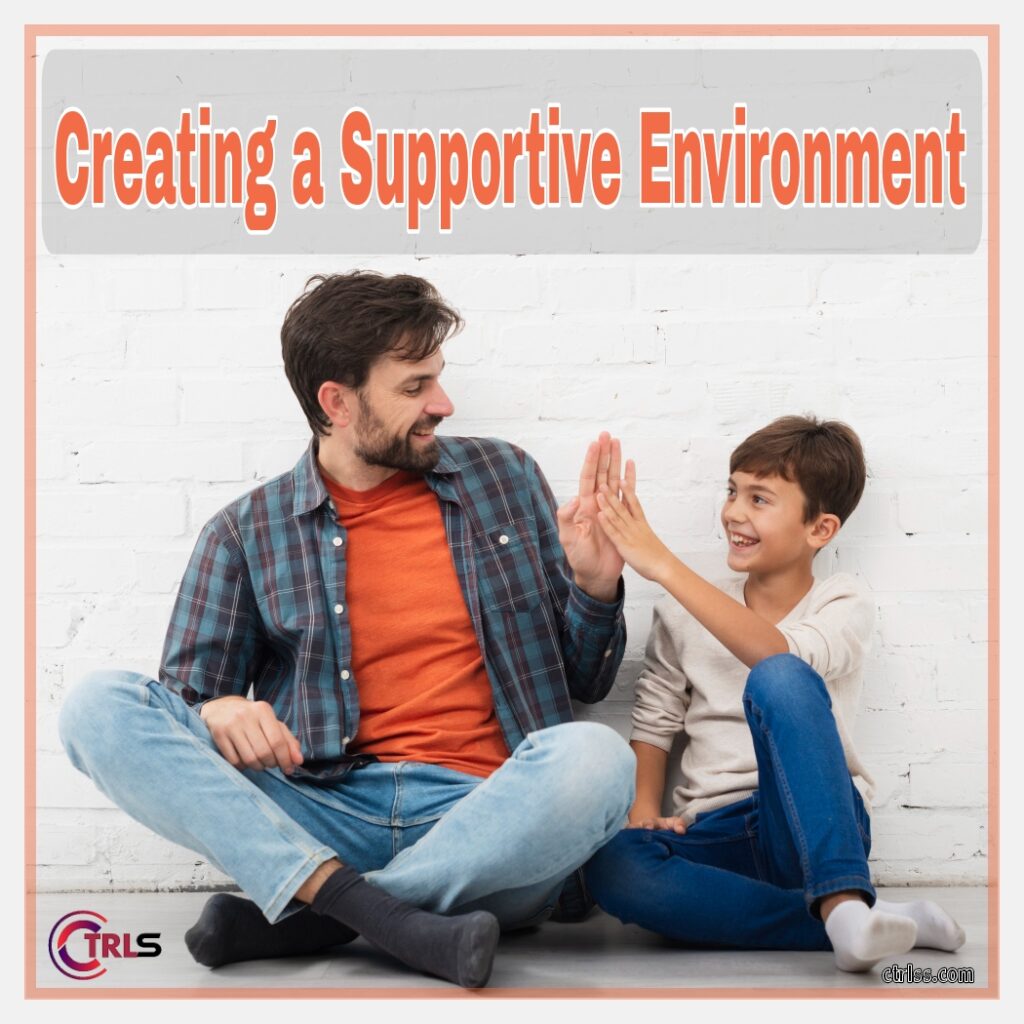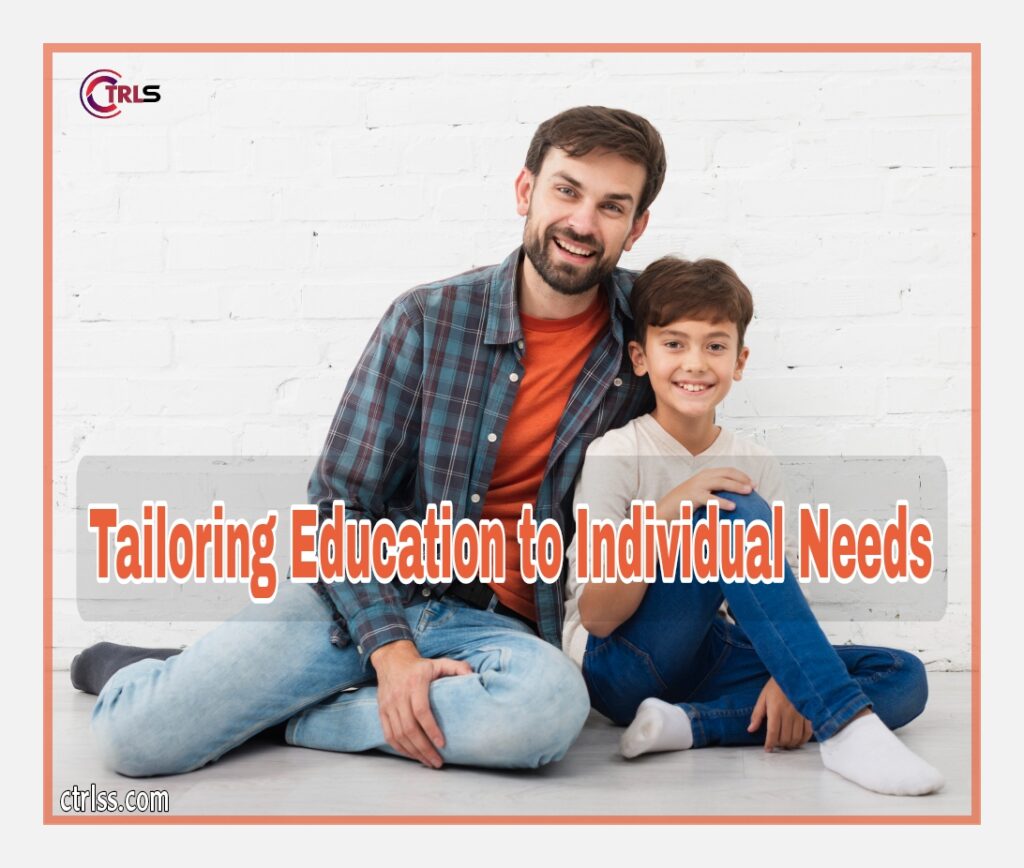The Art of Nurturing a Special Child: A Guide to Educating the Exceptional
Welcome, dear reader, to a heartfelt guide on how to nurture and educate a special child””. Parenting is a beautiful journey filled with ups and downs, and when your child has unique needs, it requires a little extra love, care, and attention. In this comprehensive article, we will explore the art of educating the exceptional child, with a focus on understanding their individuality and providing effective support. So, let’s embark on this enlightening journey together! educating the retarded child

How To educating the retarded child?
Understanding Exceptionality
When we talk about educating a “retarded” child, it’s important to use more respectful and inclusive language. The term “exceptional” is often preferred, as it recognizes the unique abilities and challenges that these children possess. Exceptional children may have intellectual disabilities or developmental delays, but they also possess incredible strengths and potential.
How to create a supportive environment for a retarded child?
Creating a Supportive Environment

To effectively educate an exceptional child, it’s crucial to create a nurturing and inclusive environment. This environment should be filled with love, understanding, and acceptance. Here are some key strategies to consider:
- Embrace Individuality: Every exceptional child is unique, with their own set of strengths and challenges. Celebrate their individuality and focus on their abilities rather than limitations.
- Establish Routine: Consistency and structure provide a sense of security. Create a daily routine that incorporates educational activities, playtime, and rest.
- Encourage Communication: Communication is key to understanding your child’s needs and helping them express themselves. Encourage verbal and non-verbal communication, and be patient in your interactions.
How to adapt education to the individual needs of the retarded child?
Tailoring Education to Individual Needs

One of the most important aspects of educating an exceptional child is tailoring the educational approach to meet their specific needs. Here are some strategies to consider:
- Individualized Education Plan (IEP): Work with educators and specialists to develop an IEP that outlines specific educational goals and strategies for your child. This plan will help guide their learning journey.
- Multisensory Learning: Exceptional children often benefit from multisensory learning experiences. Incorporate visual aids, hands-on activities, and auditory cues to enhance their understanding.
- Differentiated Instruction: Adapt teaching methods and materials to suit your child’s learning style. Some children may thrive with visual aids, while others may require more hands-on experiences.
How to cooperate and support a retarded child?
Collaboration and Support
So Educating an exceptional child requires a collaborative approach, involving parents, educators, specialists, and the wider support network. Here are some avenues for collaboration and support:
- Parent-Teacher Partnership: Maintain open and regular communication with your child’s teachers. Share insights about your child’s strengths, challenges, and individual needs. Together, you can create a supportive learning environment.
- Supportive Services: Seek out support services available in your community, such as speech therapists, occupational therapists, or behavioral specialists. These professionals can provide valuable guidance and interventions.
- Peer Support: Connect with other parents who are also raising exceptional children. Sharing experiences and resources can provide emotional support and helpful insights.
How to promote the social and emotional development of a retarded child?
Promoting Social and Emotional Development
In addition to academic development, social and emotional growth is crucial for exceptional children. Here are some strategies to foster their social and emotional well-being:
- Inclusive Play: Encourage your child to engage in play with peers, both exceptional and non-exceptional. This promotes social interaction, empathy, and understanding.
- Emotional Support: Help your child recognize and express their emotions in healthy ways. Teach them coping strategies and provide a safe space for them to share their feelings.
- Celebrate Achievements: Acknowledge and celebrate your child’s achievements, no matter how small. This boosts their self-esteem and motivates them to continue growing.
How to transition into adulthood for a retarded child?
Transitioning to Adulthood
As your exceptional child grows older, it’s important to plan for their transition to adulthood. Here are some considerations:
- Vocational Training: Explore vocational training programs that align with your child’s interests and abilities. This will equip them with practical skills for future employment.
- Independent Living Skills: Teach essential life skills such as cooking, cleaning, and managing personal finances. These skills will empower your child to live independently.
- Continued Support: Even as your child becomes an adult, they may still require support services. Research adult support programs and organizations that can assist in their ongoing development.
educating the retarded child
So Dear reader, on embarking on this journey to educate and nurture your exceptional child. Remember, each child is unique and has their own path to success. By creating a supportive environment, tailoring education to their needs, collaborating with professionals, and promoting social and emotional growth, you are laying a strong foundation for their future. Embrace the journey, celebrate their achievements, and never underestimate the incredible potential within them. Together, we can create a world where every exceptional child can thrive and shine.



